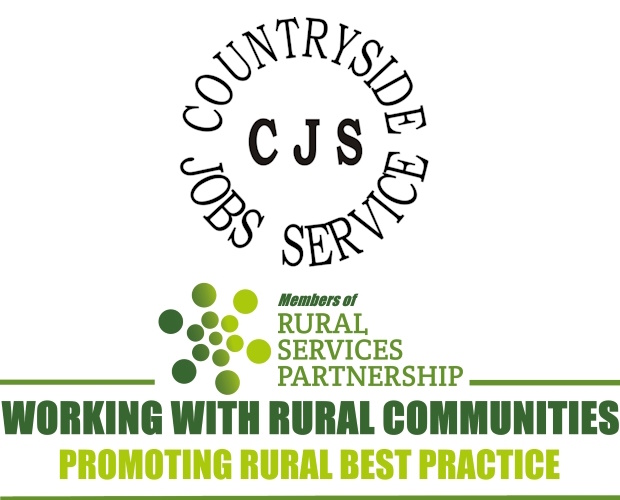T: 01822 851370 E: [email protected]
Countryside Jobs Service
“It is widely acknowledged that as the Forestry and Arb sectors continue to grow, we are facing challenges finding people with the right skills and experience to fill these vacancies”, so says Becky Wilkinson, RFS Learning & Outreach Manager in...
In celebration of CJS 30th anniversary we are running a photo competition and we want your photos of you at work. There are prizes up for grabs and obviously the kudos of your photos being published with CJS. The categories...
By Kerryn Humphreys, CJS In July 1994 small envelopes started landing on the doormats of countryside rangers, inside were a couple of sheets of closely typed A4 containing details of vacancies in the countryside management sector. Since those...
CJS has recently produced a publication on Land and Habitat management in association with the Landscape Institute. It includes 7 articles, 5 job profiles, including more opportunities to train, work and network. The lead article from the Landscape Institute...
Nine miles inland from Whitby in the middle of the North York Moors National Park is the small honeypot village of Goathland. It's here that you'll find CJS CJS - what's that then? Crazy...
NEWSLETTER
Sign up to receive all our latest news and updates.
HOT TOPICS
Amid reduced public spending, fair resource allocation across regions is crucial. Despite a population larger than Greater London, rural areas receive significantly less funding for essential services, even though delivering these services in rural areas is more expensive.
Economic growth is widely acknowledged as essential for national wealth and prosperity and is a priority for political parties. Rural economies, employing millions and home to a higher proportion of small businesses, have potential for growth if barriers are removed.
Rural residents face distinct healthcare challenges, including limited access to transport, longer distances to medical facilities, an aging demographic, housing inadequacies, digital connectivity gaps, and difficulties recruiting health and care workers.
Rural communities are grappling with a severe affordable housing crisis, marked by high house prices, a lack of affordable housing, elevated living costs, and lower incomes, threatening their sustainability and vitality.
Transport is vital for the quality of life and economic health of rural areas, yet it faces challenges such as infrequent public bus services and less Government funding compared to urban regions.
Rural areas, encompassing a substantial portion of England's population and land, play a pivotal role in combating climate change and achieving the net zero target.
In an increasingly digital world, the lack of robust digital infrastructure in rural areas severely limits access to crucial services and stifles economic growth.
A future-focused vision for rural communities involves not just building the right homes in the right places but also ensuring thriving, sustainable communities.
SIGN UP TO OUR NEWSLETTER
Sign up to our newsletter to receive all the latest news and updates.





